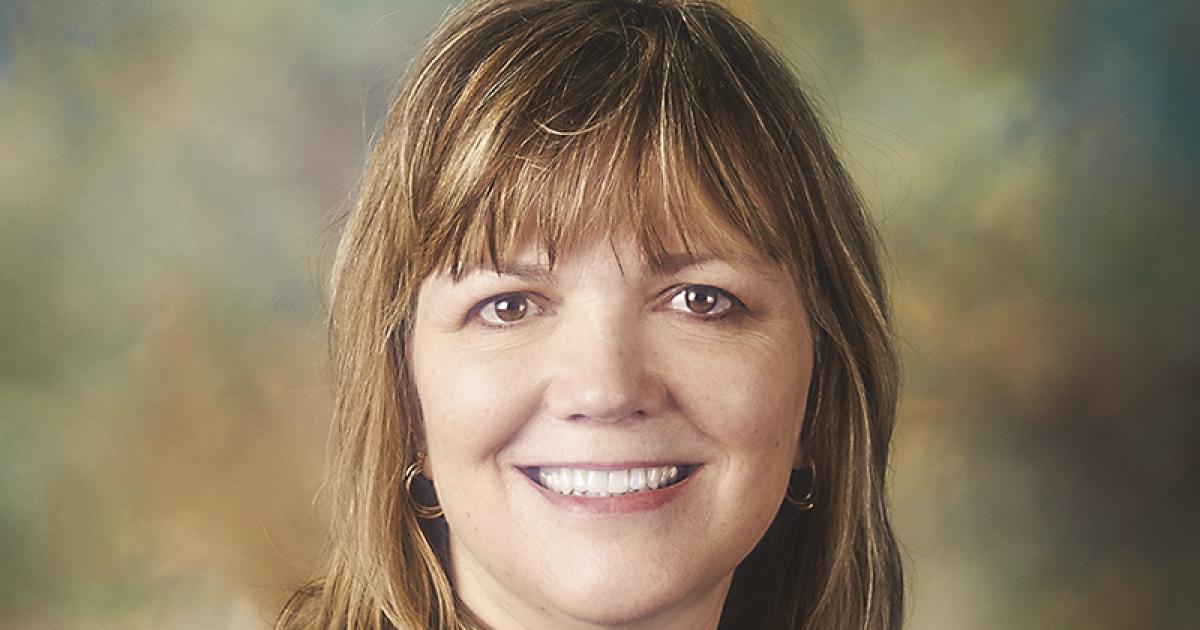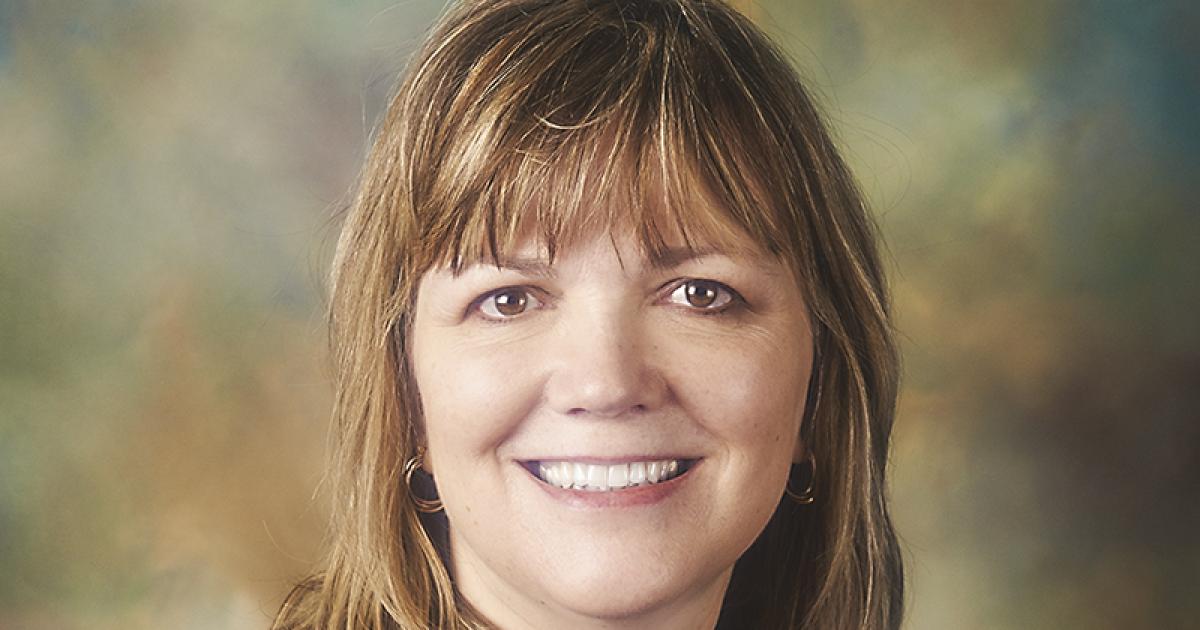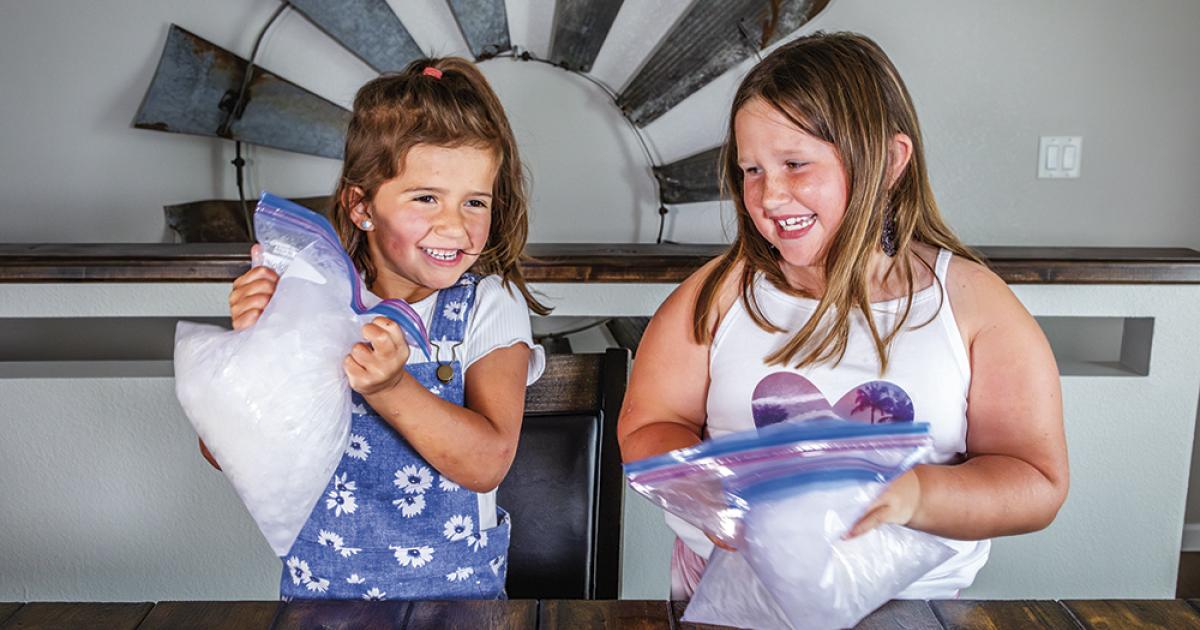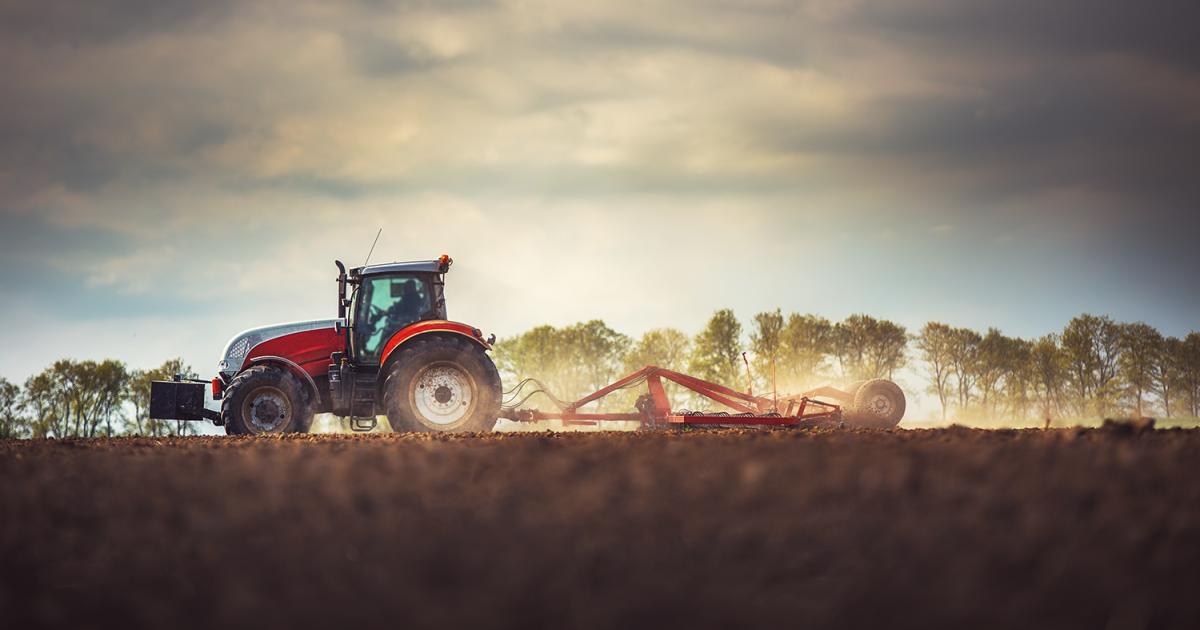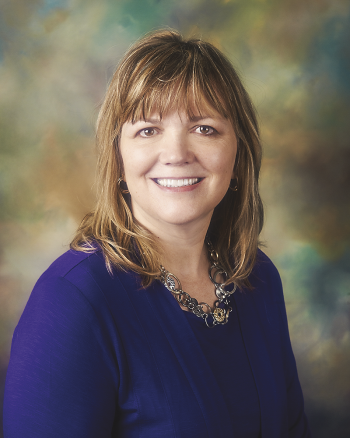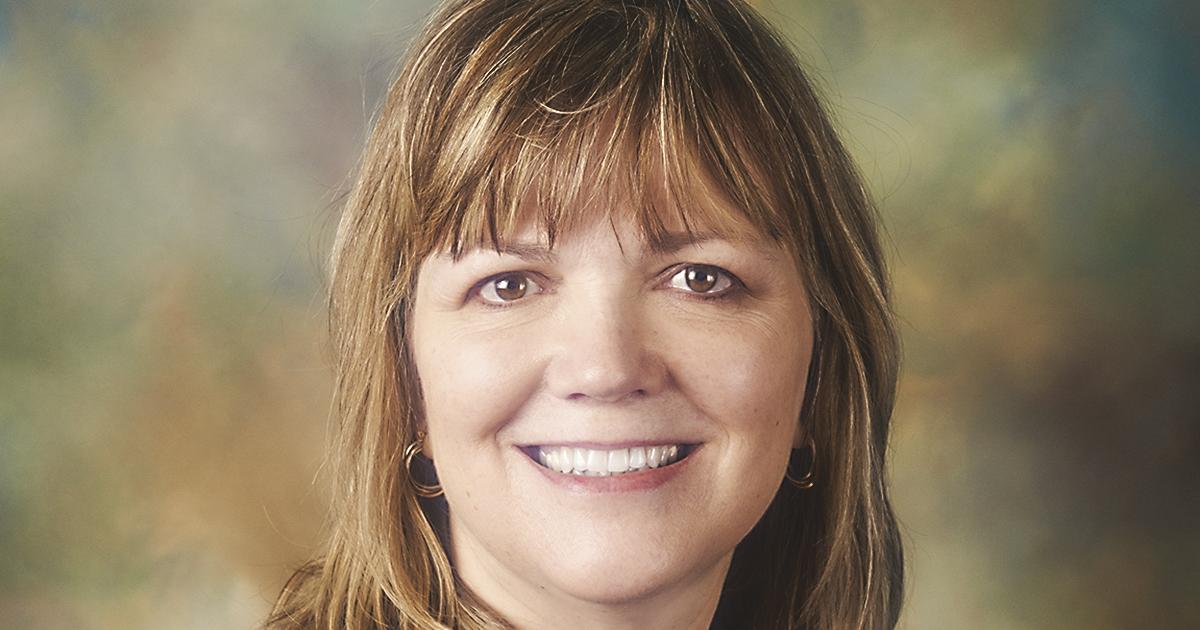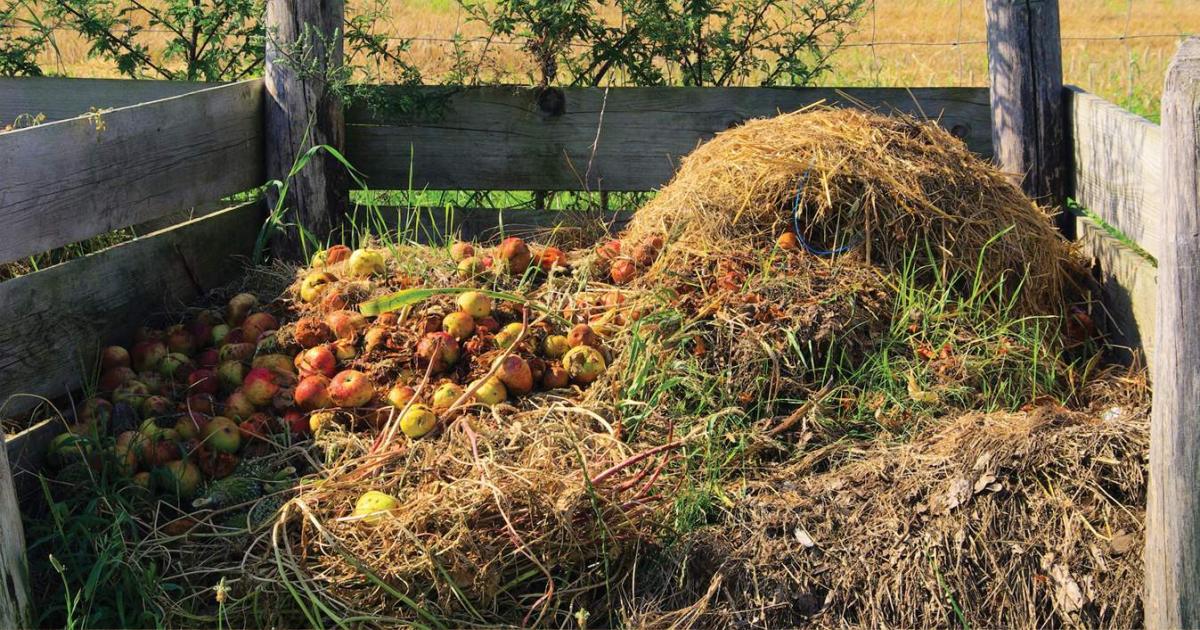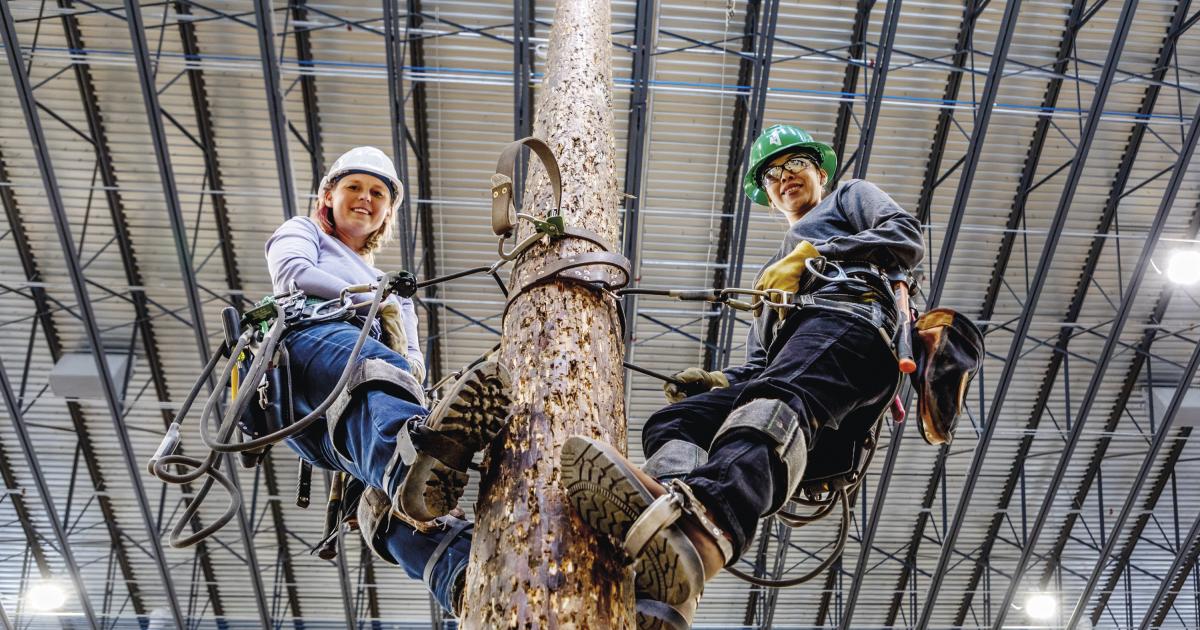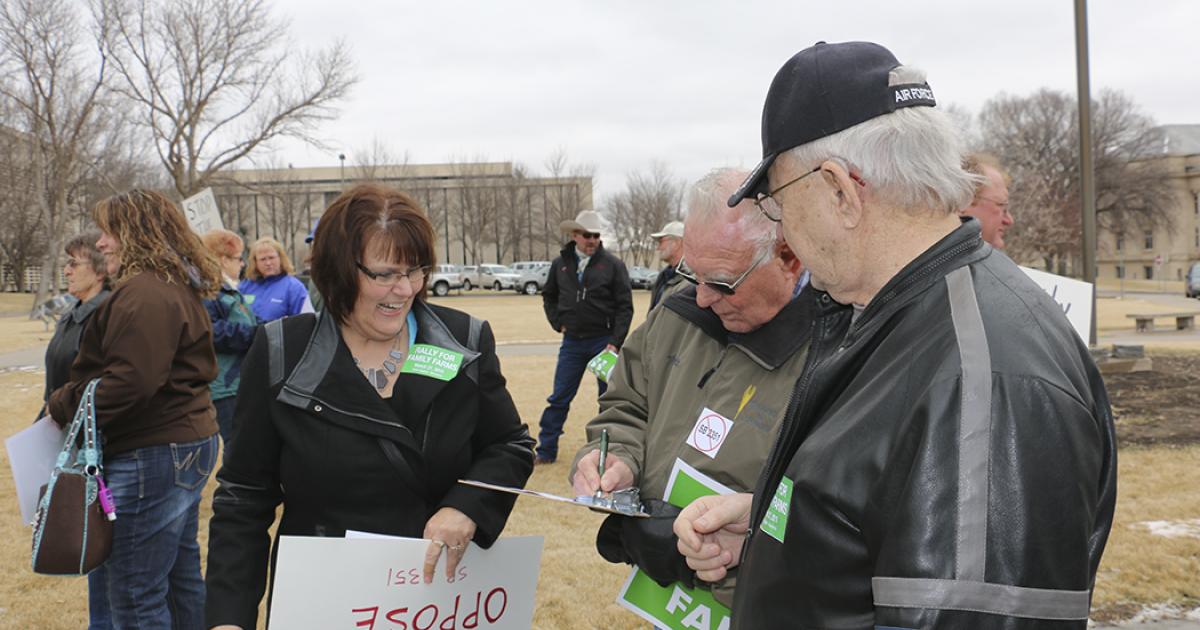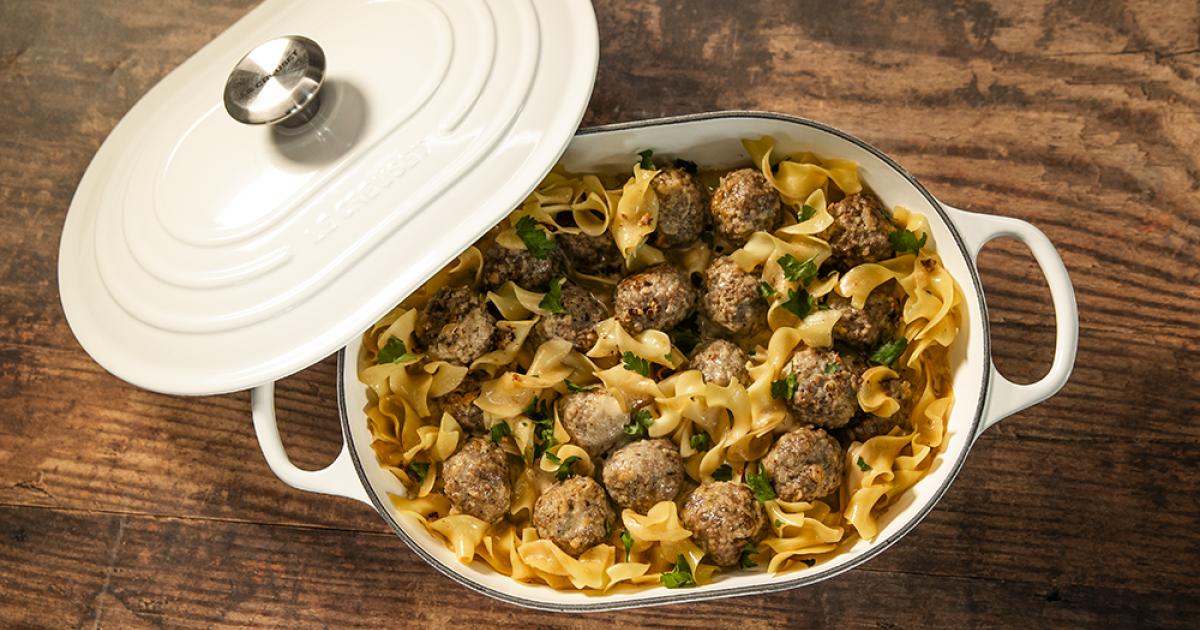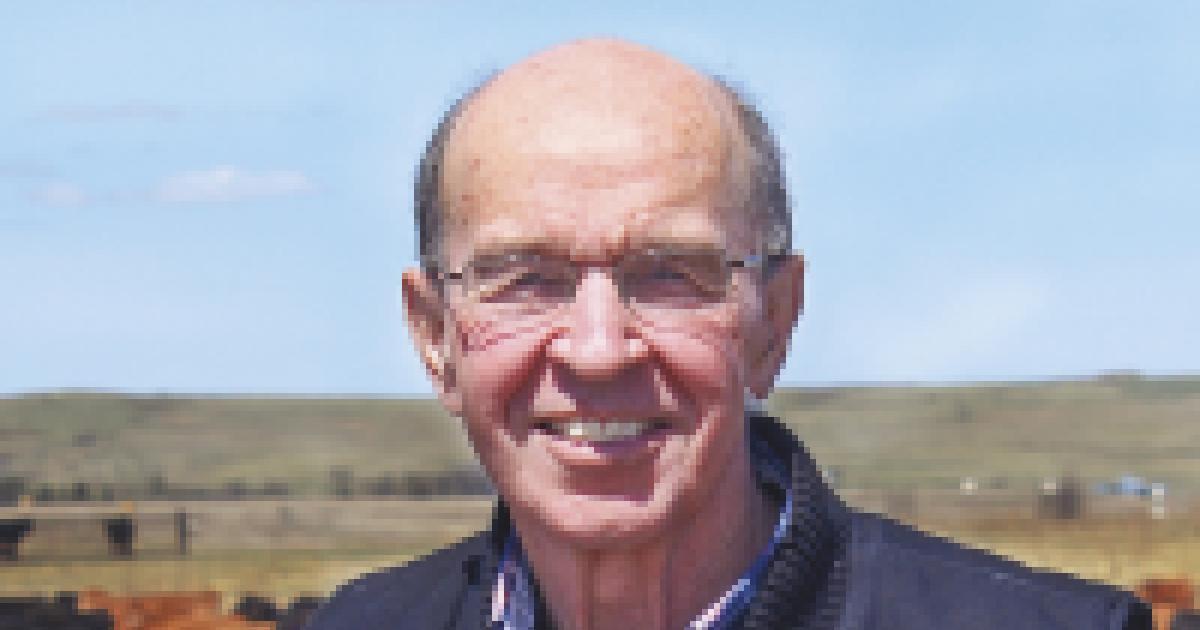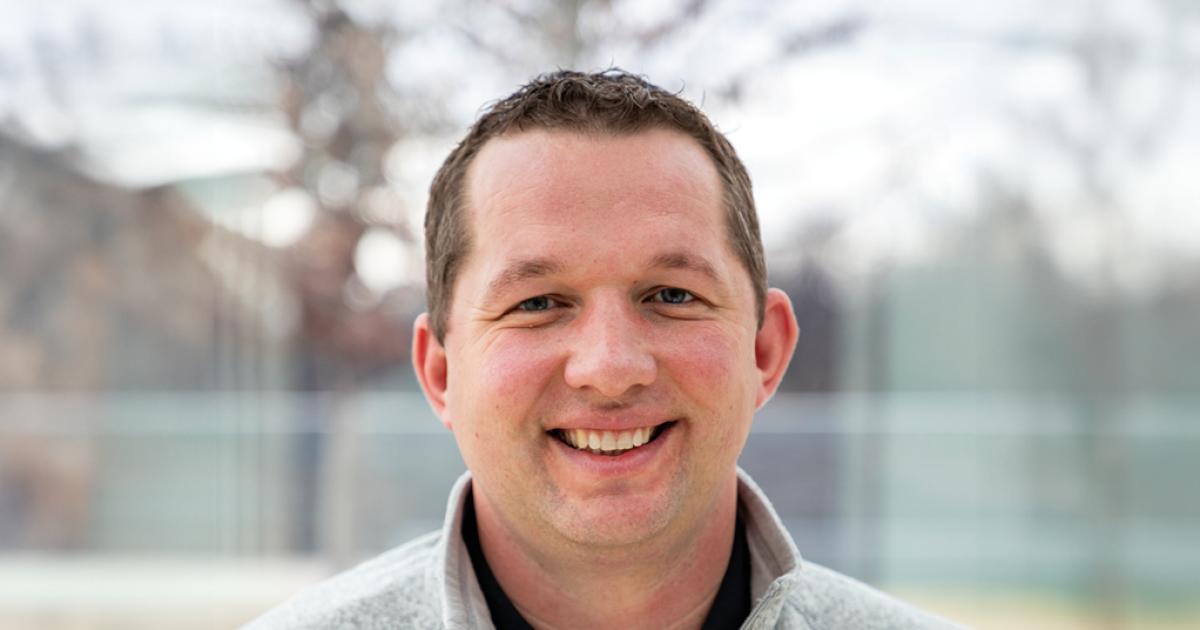“What’s to eat?” our kids would say when they were younger and living at home.
Actually, they still say that when they visit.
When our son was a rapidly growing teenager, he sometimes made multiple trips to open the fridge within 30 minutes.
“The food hasn’t changed since the last time you checked,” I’d say.
When I went to retrieve some food from our basement food pantry, I’d pick up a box of crackers. My hand would fly upwards at no resistance. The box was empty.
Julie Garden-Robinson
As I have been exploring genealogy with my son, we are finding connections to earlier generations. Through the technology of online searching and the translation of marriage, baptism and death certificates into English, we have reached the mid-1600s on our family tree.
Like many of us in the Midwest, our family members were mostly farmers in their home countries. My maiden name meant “rural farm” in Norwegian. My distant grandparents came to America for all the usual reasons: They sought new opportunities while escaping political issues and seeking religious freedom.
How can children have fun this summer while not forgetting the information they learned during the school year? Try exploring some kitchen science!
Kids may think they are making ice cream or fruit leather, but they’re actually engaged in food science, including biology, chemistry, math, physics and other scientific disciplines.
“How long can you keep dried herbs in your cupboard?” the workshop participant asked.
I anticipated where this was going. I replied with a question.
“How long have your dried herbs been in your cupboard?” I asked.
“I got them for my wedding,” she replied.
After a dramatic pause, she added, “Forty years ago.”
Everyone laughed.
I’m quite sure her dried herbs added little flavor to foods at this point, although they are likely “safe.”
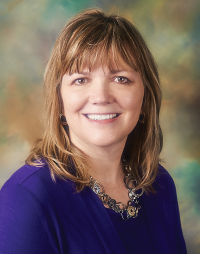 “Mom, you won’t want to look inside,” my daughter cautioned. “I have a science experiment in process.”
“Mom, you won’t want to look inside,” my daughter cautioned. “I have a science experiment in process.”
I did not look inside her kitchen composter. I was a little afraid of what I’d see. The natural microorganisms were breaking down her fruit and vegetable scraps. She described a variety of fuzzy, colorful substances.


